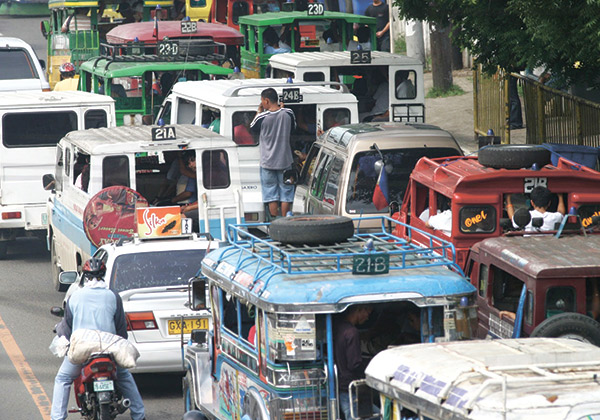The ‘Lemon Law’
 Atty. Jerome G. Neri
Atty. Jerome G. Neri
The Scrutineer
REPUBLIC Act 10642, otherwise known as the “Lemon Law,” has been signed by the President and will take effect soon. This law is designed to protect brand new car buyers from unfair and deceptive business trade practices. But after reading this law carefully, I don’t think it really protects the consumers. It seems more like a propaganda from the Government that they are doing something when actually they are not. This is the provision that supposedly protects the consumers:
“SEC. 4. Coverage. –This Act shall cover brand new motor vehicles purchased in the Philippines reported by a consumer to be in nonconformity with the vehicle’s manufacturer or distributor’s standards or specifications within twelve (12) months from the date of original delivery to the consumer, or up to twenty thousand (20,000) kilometers of operation after such delivery, whichever comes first.”
It seems that it is the manufacturer that sets the standards and specifications. Therefore, the manufacturer can easily unlemon their products by making generalized standards and specifications. The definition of a lemon is elementary. A lemon is a product that does not work as it should. To have a proper lemon law, the government must first pass a law that sets standards. In Europe, Japan and America, they have standardized ratings for cars depending on the year of manufacture. We can copy and paste whatever standards are applicable to our country. If the car fails the aforesaid standards, then it is a lemon and cannot even be allowed to be driven on public roads.

There are brand new cars for sale in the Philippine market that do not conform to European, American or Japanese standards. These cars are not even available in those markets and would be considered lemons there. But here in the Philippines, the manufacturers make their own standards and specifications so cars that are possible lemons in other countries are good and roadworthy here.
It is just like our Government. If we just even follow the standard of common sense, President Aquino would be a lemon, but because he is the one who makes the rules, so, the self-serving assessment of the government is that he is the best and infallible.
As I have said before, what we need from the government in the motoring sector is strict implementation of vehicle roadworthiness rules. Apart from strict implementation, these rules should be amended to current standards, especially in the public transportation sector. The only public transportation sector that I find satisfactory is the taxi industry. The cars they use are modern and they are reasonably maintained by the operators. This is mainly because of the rule that taxis have a lifespan of 10 years and any car that is older than 10 years may not be taxis anymore.
What is very alarming is when it comes to jeepneys. They carry more passengers than taxis and yet 99 percent of the jeepneys I see are unroadworthy. Just go to a jeepney stop and you will see majority of the jeepneys have either worn-out or expired tires. On the road, during rush hour, all the jeepneys are overloaded way beyond their capacity. There should be a clamp down because road safety is of utmost importance and too many lives have been lost because of vehicles that should have not been allowed on the roads in the first place.
Another dangerous motoring practice I have noticed is that of the haulers. There are so many trucks on the road, including that of Government that are running with worn out tires and filled to maximum load capacity. Many of these figure in accidents, too.
We need real and substantial change in our land transportation sector.



